Some talented Bollywood wordsmiths tell us about their favourite dialogues in films
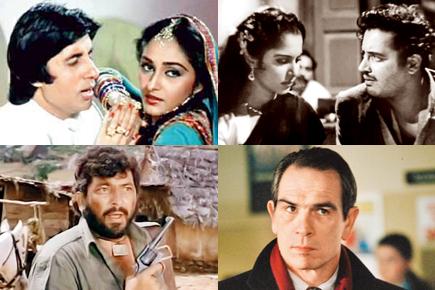
The dialogues delivered by characters in a film form a big part of the movie viewing experience. Dialogues not only, sometimes, enjoy the power to make or break a film, but they also help make a star more famous. The popularity of super stars such as Amitabh Bachchan and Shah Rukh Khan can be attributed to the dialogues they mouth on screen. hitlist gets curious and asks a few writers to recollect that one line that had such an impact on them that it remains etched in their memory.
ADVERTISEMENT
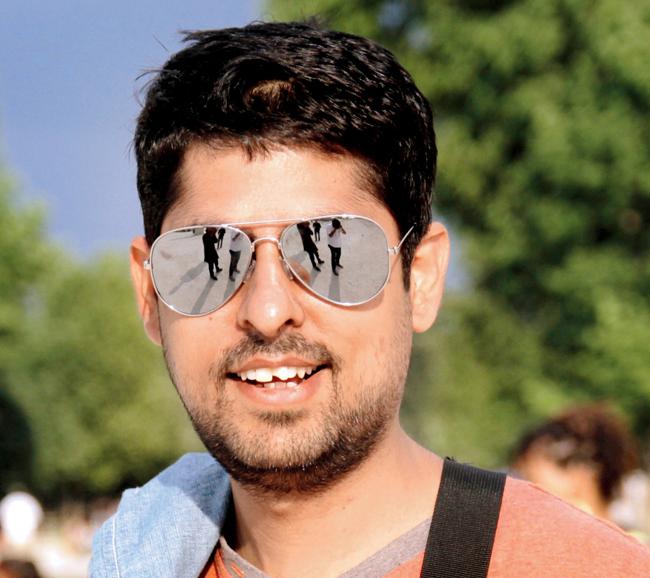
Varun Grover. Written: Lyrics for Gangs of Wasseypur (2012) and Ankhon Dekhi (2014)
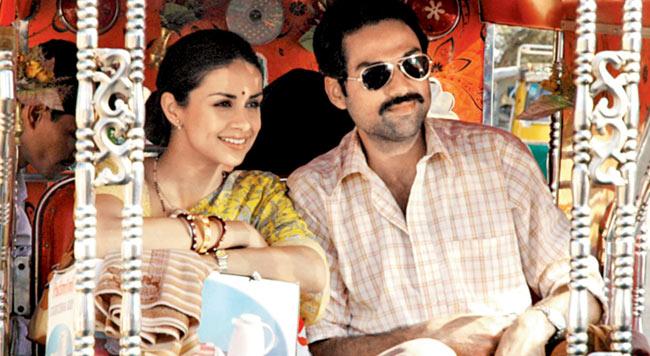
Gul Panag (left) and Abhay Deol in Manorama Six Feet Under. The film didn’t work well commercially but critics appreciated the movie, especially the well-written dialogues
Hindi dialogue:
“Ek Ramadoss dena!”
Film: Manorama Six Feet Under (2007)
Why-factor: At the peak of the then Health Minister Ambumani Ramadoss’s campaign against smoking in films, came this super-smart protest against him in Navdeep Singh’s film. Abhay Deol’s character goes to a road-side cigarette stall and casually utters the dialogue. It shows an artist’s anger.

Peter Finch posthumously won Oscar
English dialogue: “You have meddled with the primal forces of nature, Mr Beale, and I won’t have it.”
Film: Network (1976)
Why-factor: The grand ‘unified theory of the universe’ monologue by Network-head Arthur Jensen, delivered to the rogue newscaster Howard Beale is definitely one of the best dialogues ever penned. It is my favourite for its oddly co-existing sense of doom and truth, many theories and philosophies.
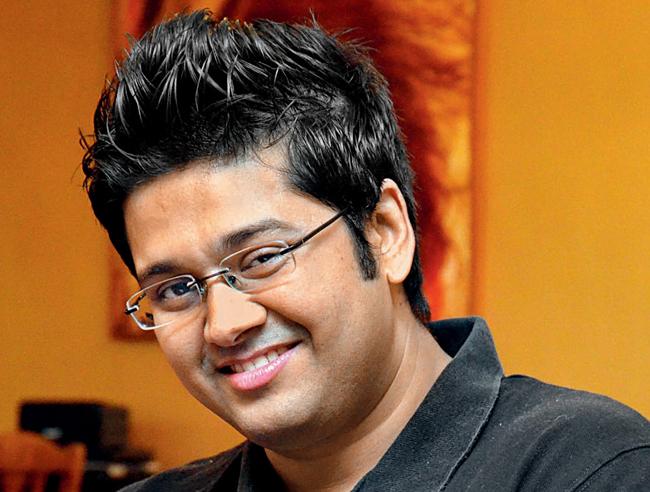
Milap Zaveri. Written: Dialogues for Ek Villain (2014) and Grand Masti (2013)
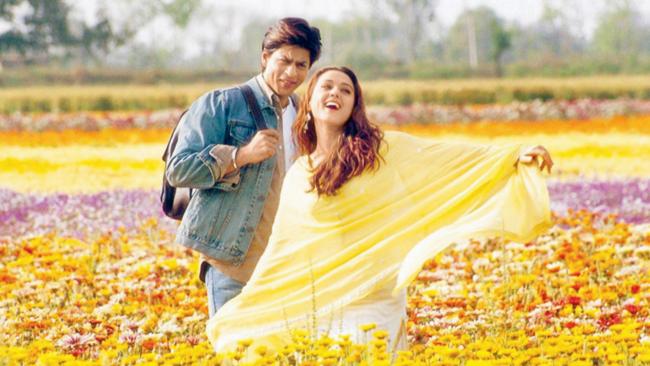
Shah Rukh Khan and Preity Zinta in Veer-Zaara
Hindi dialogue: “Tere mulk ka har beta tere jaisa hai kya?” asks Kirron Kher’s character to Shah Rukh Khan’s, to which the latter replies, “Yeh toh nahi pata lekin mere desh ki har maa aap jaisi zaroor hai.”
Film: Veer-Zaara (2004)
Why-factor: The dialogue between the two transcends border. It not only connects the culture between two neighbouring countries, separated by a line, but also showcases the will to sacrifice one’s love to maintain another’s honour.
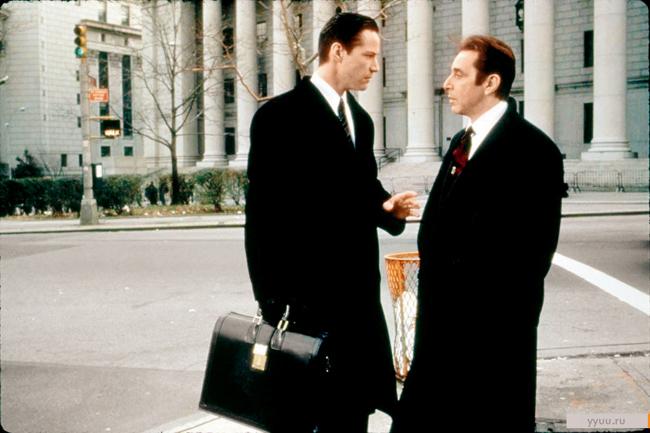
Keanu Reeves and Al Pacino in the film
English dialogue:
“Let me give you a little inside information about God. God likes to watch. He’s a prankster. Think about it. He gives man instincts. He gives you this extraordinary gift, and then what does he do, I swear for his own amusement, his own private, cosmic gag reel.”
Film: The Devil’s Advocate (1997)
Why-factor: I don’t think these lines would have come across the way it did had it not been for Al Pacino’s pure genius.
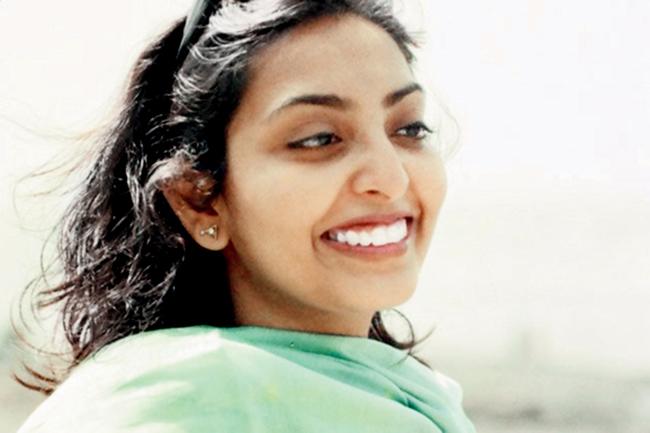
Rajshree Ojha. Written: The screenplay for Chaurahen (2007)
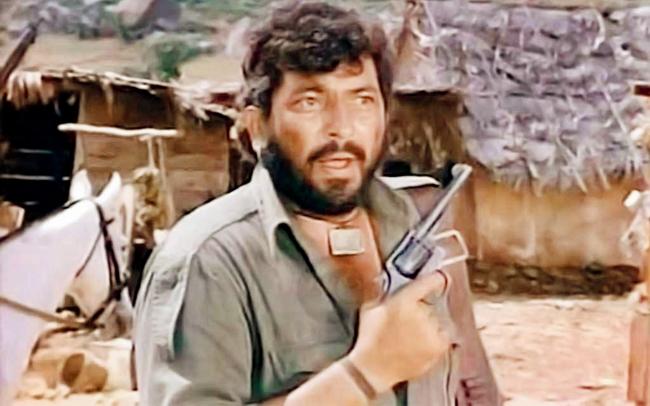
Amjad Khan, who was the second choice after Danny Denzongpa, prepared himself by reading the exploits of Chambal dacoits
Hindi dialogue: “Joh darr gaya... samjho marr gaya.”
Film: Sholay (1975)
Why-factor: Watched the film hundreds of times and I felt this dialogue resonates with me as a life lesson, too. Some dialogues stay with you. This one, delivered by Gabbar Singh (played by Amjad Khan) is one of them.
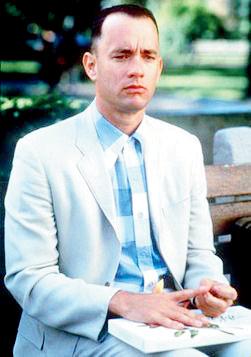
Tom Hanks in the film
English dialogue:
“My momma always said, life is like a box of chocolates. You never know what you’re gonna get.”
Film: Forrest Gump (1992)
Why-factor: I love sweets and somehow this dialogue has became part of my vocabulary. Some people don’t know the movie so really think my mom said this line, which is awesome!
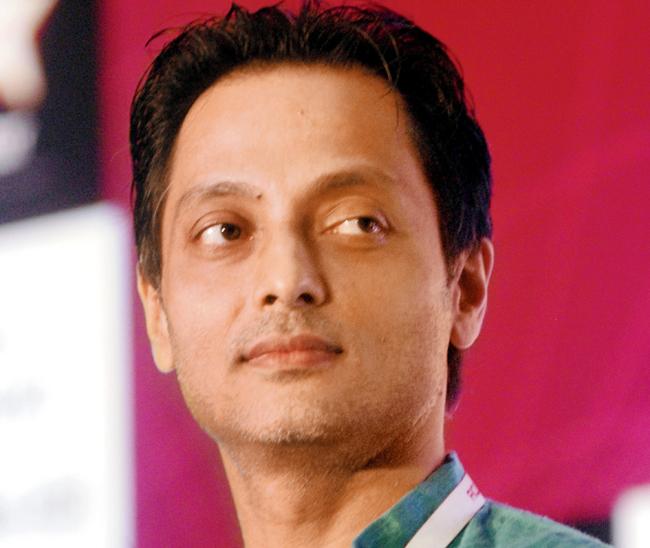
Sujoy Ghosh. Written: Jhankaar Beats (2003), Kahaani (2012)
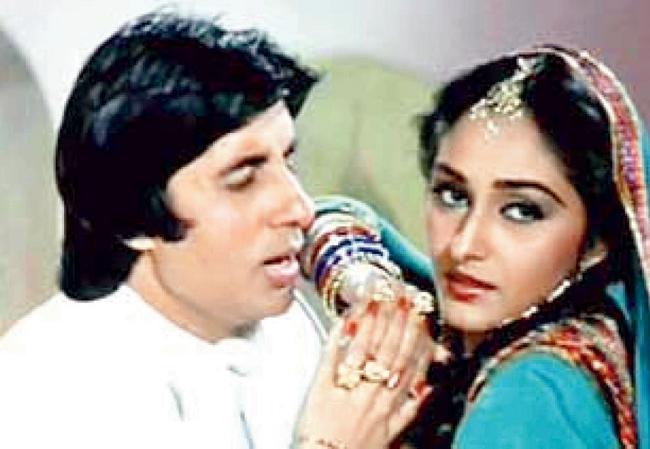
Amitabh Bachchan and Jaya Prada in Sharaabi. The film was loosely based on Arthur, one of 1981’s highest-grossing Hollywood movies
Hindi dialogue: “Vaade aksar toot jaate hain, magar koshishein kaamyaab ho jaati hain.”
Film: Sharaabi (1984)
Why-factor: A wonderful dialogue delivered by the legendary Amitabh Bachchan, in a film where he plays an alcoholic convincingly. I’d even go to the extent of saying that the dialogue is a lesson in life.
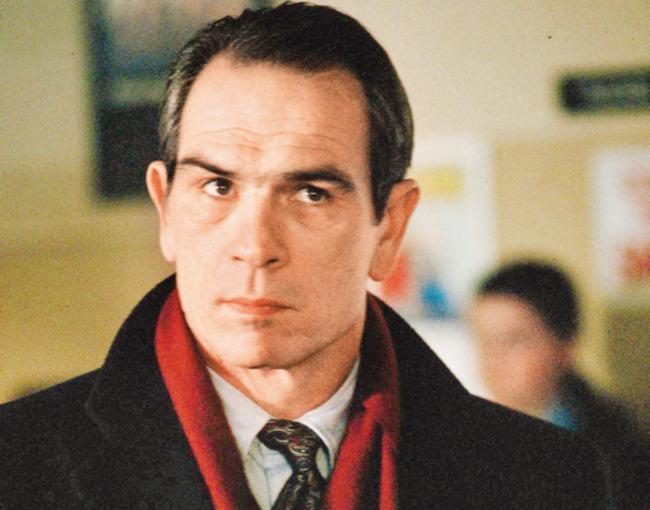
The Fugitive
English dialogue: “I don’t care.”
Film: The Fugitive (1993)
Why-factor: This line was spoken by Tommy Lee Jones (in his Oscar-winning role). The way the dialogue was said makes this line more special.
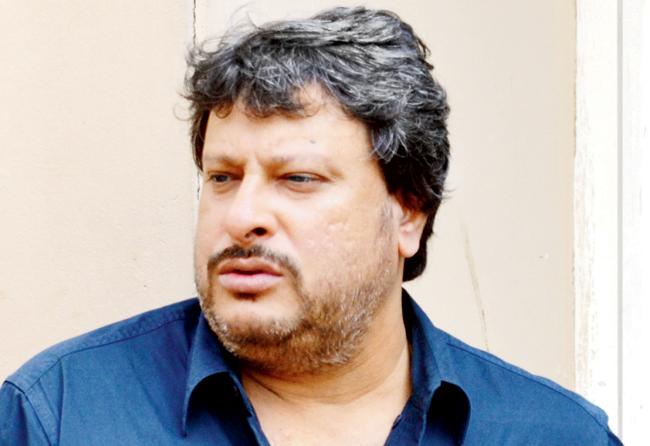
Tigmanshu Dhulia. Written: Saheb Biwi Aur Gangster (2011), Saheb Biwi Aur Gangster Returns (2013), Bullett Raja (2013)
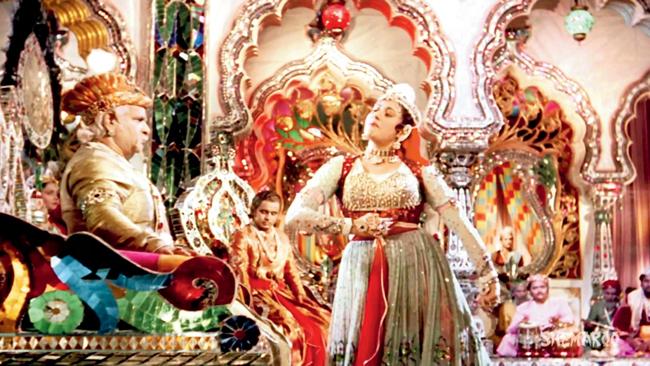
From left: Prithviraj Kapoor, Dilip Kumar and Madhubala in Mughal-e-Azam
Hindi dialogue: “Ab janaze ko rukhsat ki ijazat deejiye,” says Madhubala as Anarkali, on hearing her death sentence.
Film: Mughal-e-Azam (1960)
Why-factor: How often does one come across a dialogue as beautifully written as this?
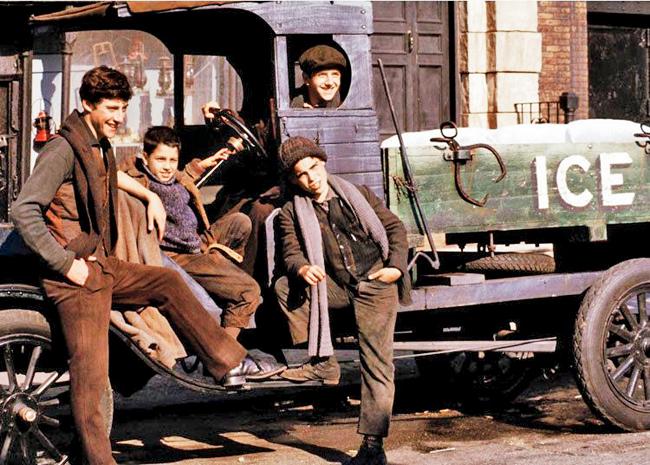
Once Upon a Time in America
English dialogue:
One of the kids, a six-year-old from the group, slips while running. And gets shot by the rival gang. Before dying, he says, “Hey Noodles (the character played by Robert De Niro), I slipped!”
Film: Once Upon a time in America (1984)
Why-factor: There are so many to choose from but I’ve chosen this particular dialogue as it comes from one of the finest films to have emerged from Hollywood.
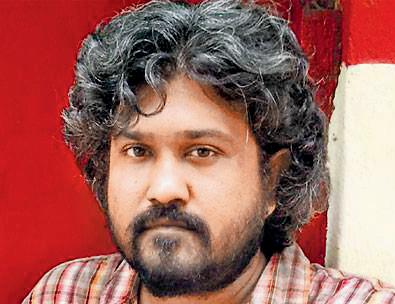
Vasan Bala. Written: Peddlers (2012), Bombay Velvet (2014)
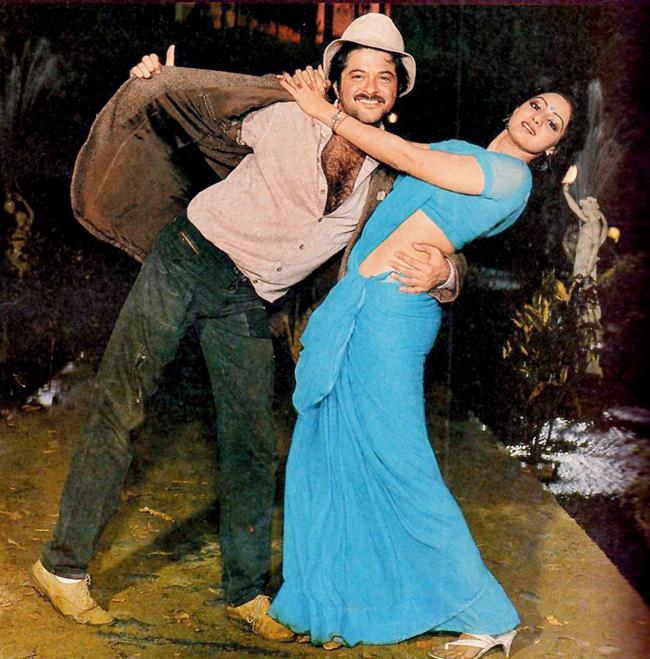
Anil Kapoor (left) and Sridevi in Mr India
Hindi dialogue: “Mr India hai. Mr India hai. Mr India hai.”
Film: Mr. India (1987)
Why-factor: “Nothing beats that for me. Its echos innocence as well as the dreams of the child in me. As a child, we tend to believe in the impossible. When I am down and out, ‘Mr India hai’ gives assurance.”
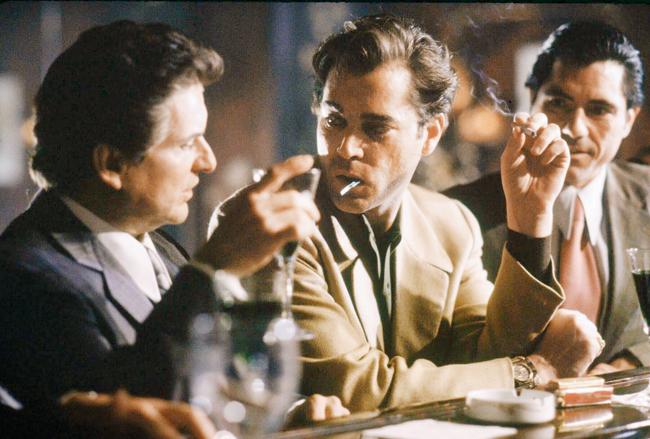
Joe Pesci (left) and Ray Liotta in Goodfellas
English dialogue:
“As far as I can remember I always wanted to be a gangster.”
Film: Goodfellas (1990)
Why-factor: The most honest straight forward expression of any character. Simple, dreamy and so aspirational in a twisted way.
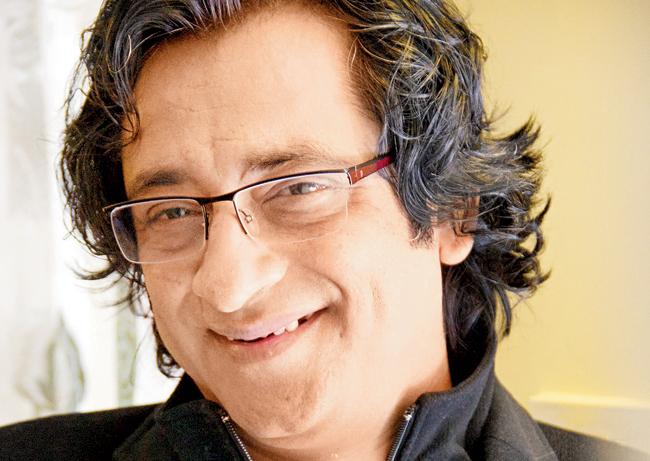
Ajay Bahl. Directed: BA Pass (2013)
Hindi dialogue: “Bewakoof aur c****** mein dhaage bhar ka farak hota haiga bhaiya. Dhage ke ingay bewakoof aur ungay, c******. Aur jo dhaaga kheeche lo, to kaun haiga bewakoof aur kaun hai c******, karod rupiye ka prashn hai bhaiya.”
Film: Omkara (2006)
Why-factor: This dialogue gives the gist of the movie. It shows Bhardwaj’s talent.

Humphrey Bogart (left) and Ingrid Bergman
English dialogue:
“Of all the gin joints in all the towns in all the world, she walks into mine.”
Film: Casablanca (1942)
Why-factor: Humphrey Bogart’s character in this film made during World War 2 subtly portrays a protagonist in dilemma. At that point, he’s both happy as well as dismayed to stumble upon the love of his life whom he had left behind.
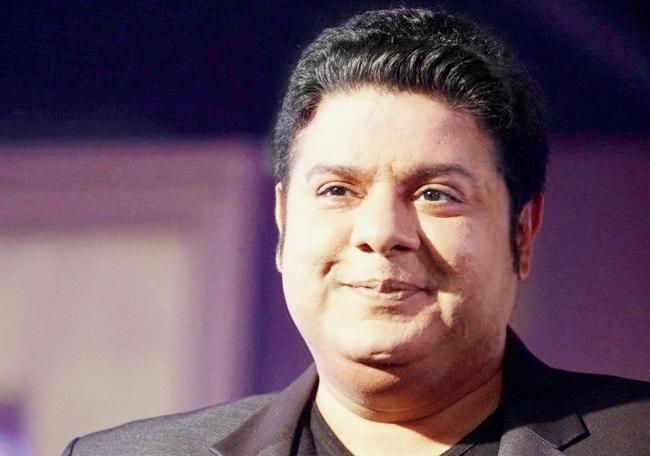
Sajid Khan. Written: Housefull (2010), Housefull 2 (2012), Humshakals (2014)
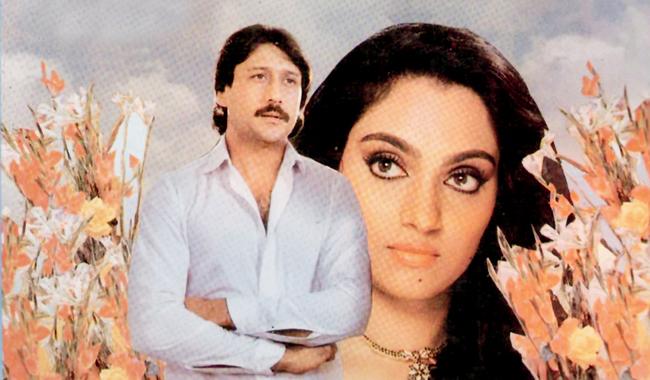
Along with Jackie Shroff, Falak featured Rakhee and Shekhar Kapur
Hindi dialogue: Someone asks Jackie Shroff’s character in the film, “Machhis hai kya?”. He replies, “Machhis hoti toh duniya ko aag nahin laga deta?”
Film: Falak (1988)
Why-factor: Salimsaab (Khan) wrote this classic dialogue. It’s not only funny but also conveys the protagonist’s angst.
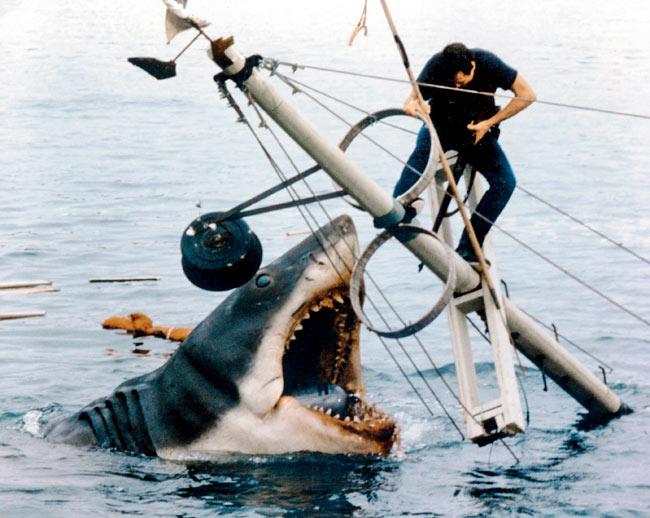
Jaws
English dialogue:
“We’re going to need a bigger boat!”
Film: Jaws (1975)
Why-factor: The whole situation in this Spielberg blockbuster is summed up in one simple line by the hero (played by Roy Scheider).
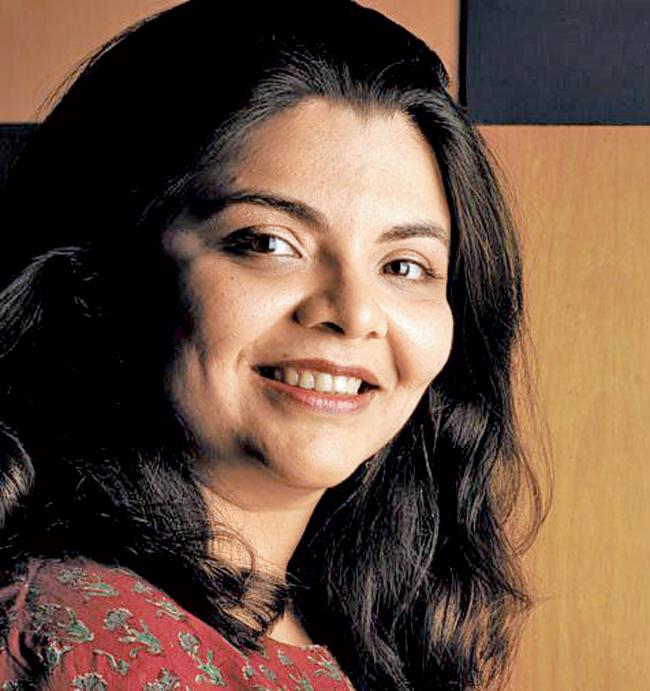
Shibani Bathija. Written: Fanaa (2006), Kabhi Alvida Naa Kehna (2006), My Name is Khan (2010)
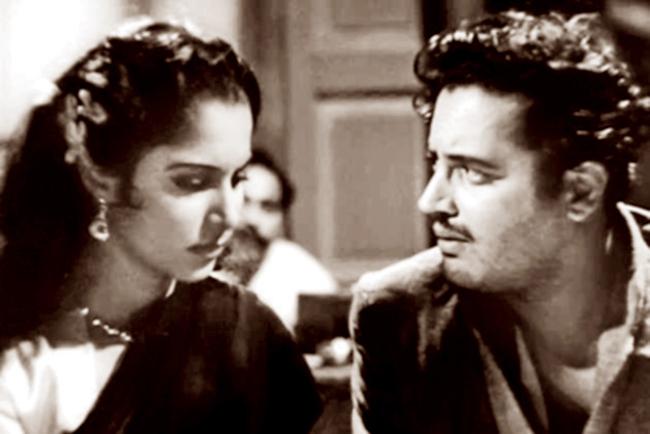
Waheeda Rehman (left) and Guru Dutt in Pyaasa
Hindi dialogue: “Mujhe kisi insaan se koi shikayat nahi. Mujhe shikayat hai samaaj ke us dhaanche se jo insaan se uski insaniyaat cheen leta hai. Matlab ke liye apne bhai ko begana banata hai…dost ko dushman.”
Film: Pyaasa (1957)
Why-factor: Well, just read it.
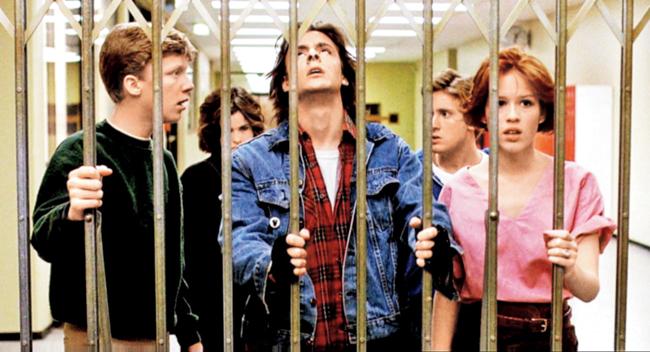
The Breakfast Club
English dialogue:
“We’re all bizarre. Some of us are just better at hiding it, that's all.”
Film: The Breakfast Club (1985)
Why-factor: There are many purposes of a dialogue but my favourites are those that not only say something important but simultaneously also touch us in a deeper way.
 Subscribe today by clicking the link and stay updated with the latest news!" Click here!
Subscribe today by clicking the link and stay updated with the latest news!" Click here!






